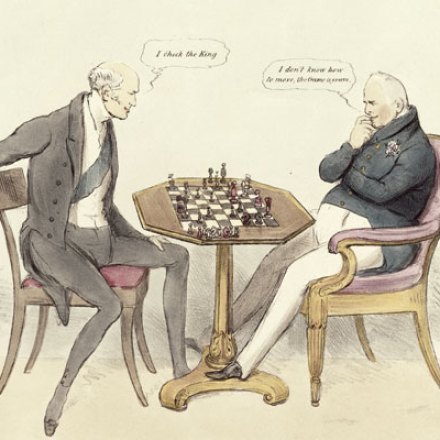Perilous Question, by Antonia Fraser— review
There are times when a major drama in the House of Commons really does change the course of British history. The period 1974–79, dramatised in the play This House, was one such. The crisis over the Great Reform Bill was another. Not so long ago, every schoolboy knew that the 1832 Reform Act gave the







